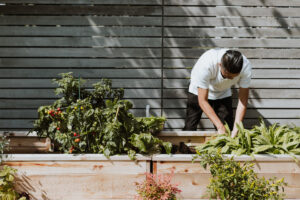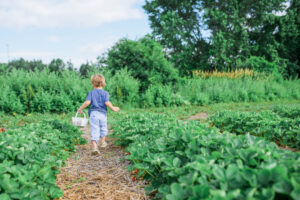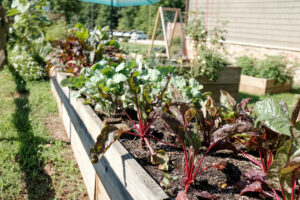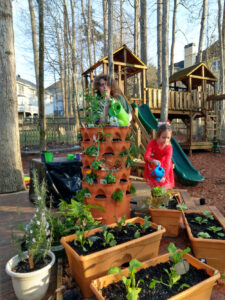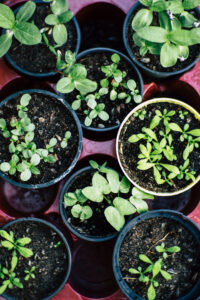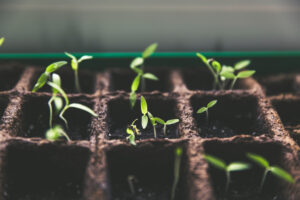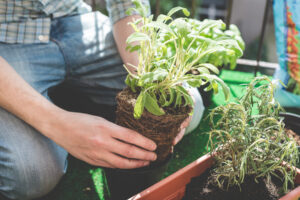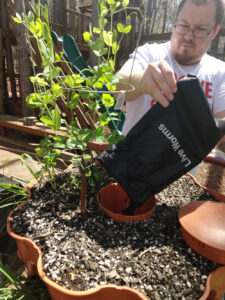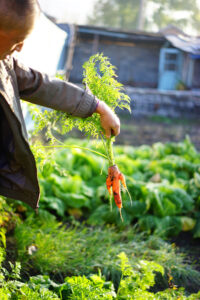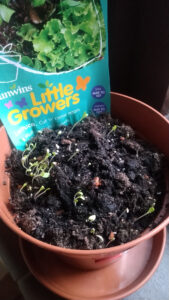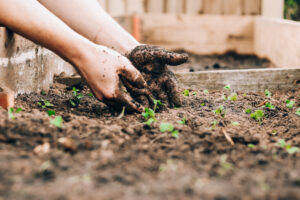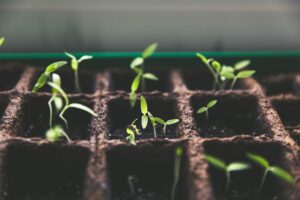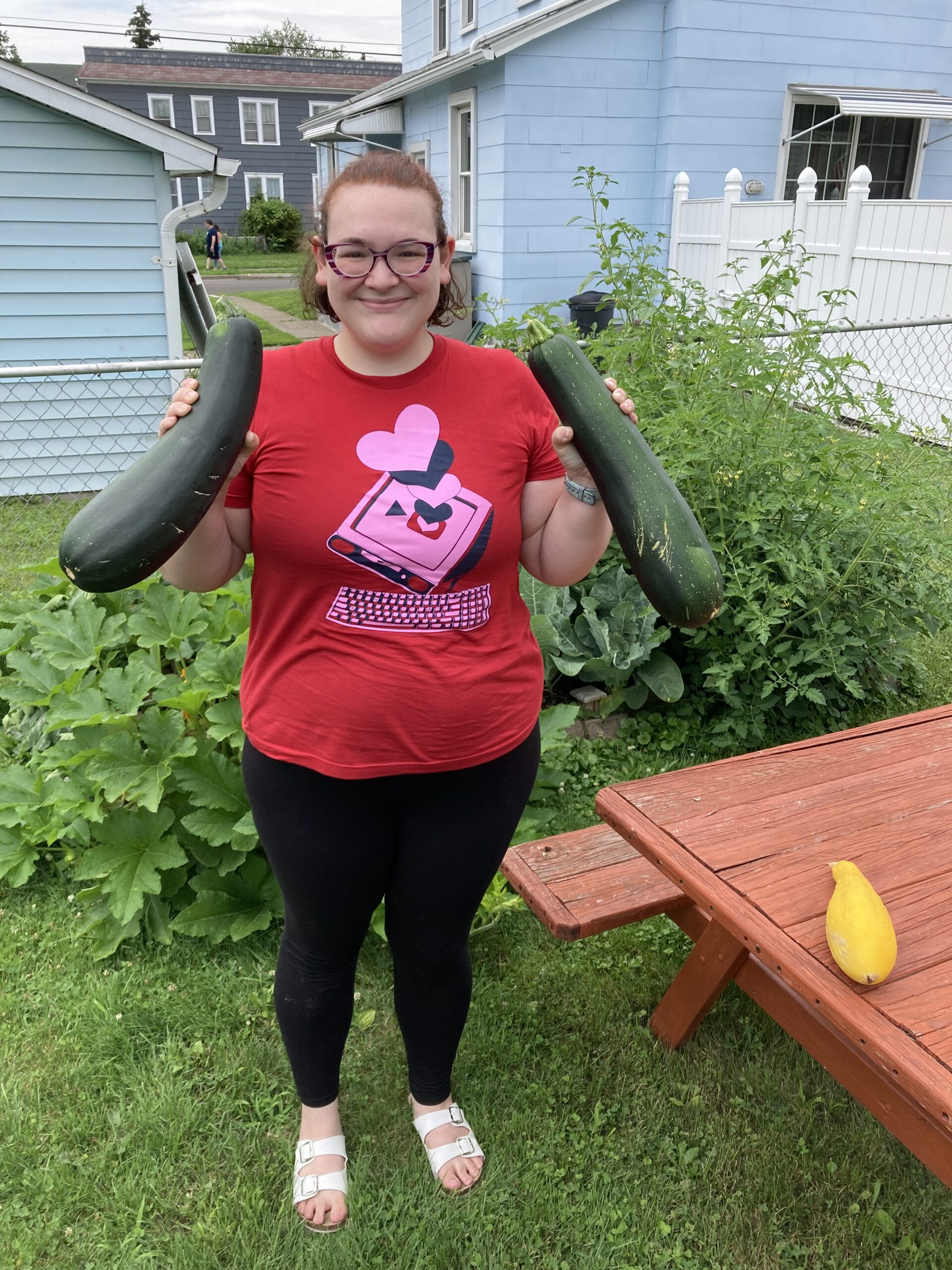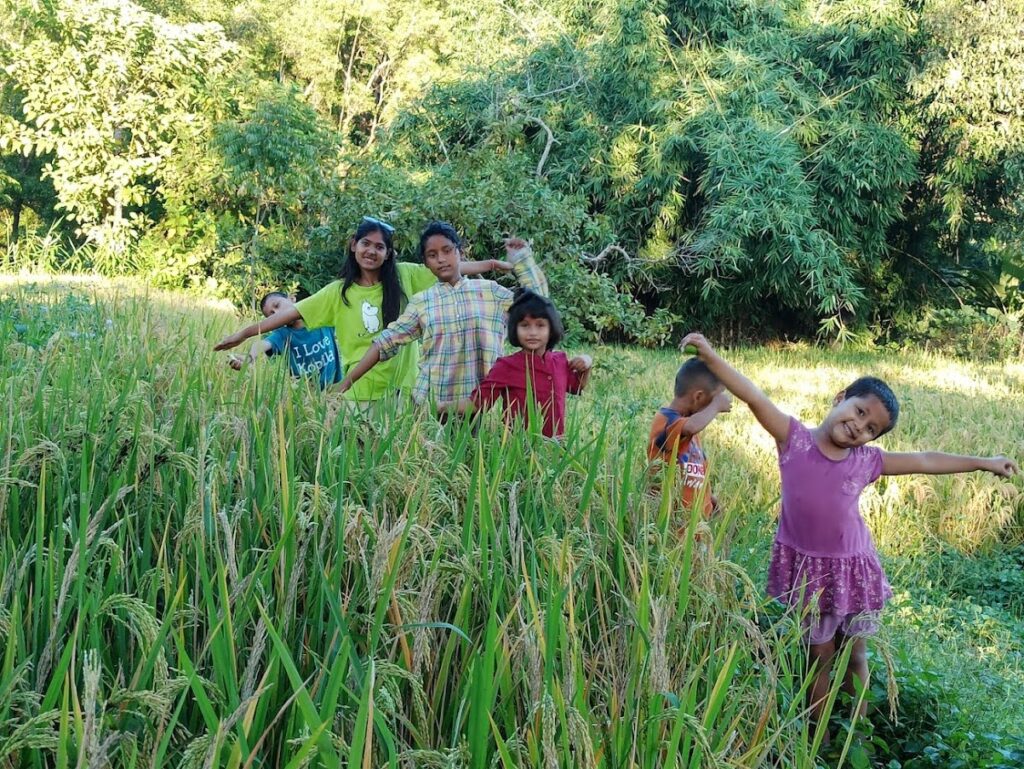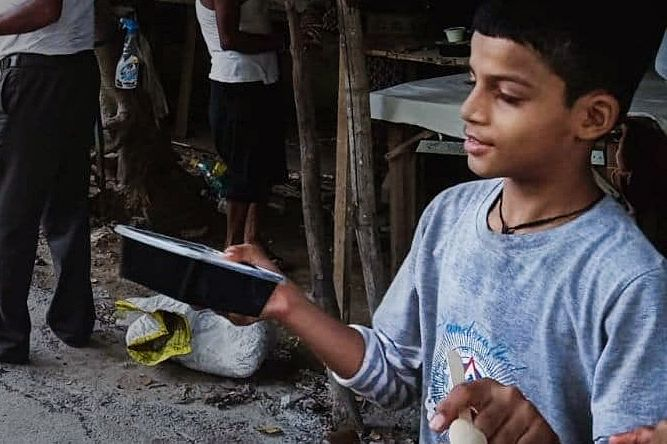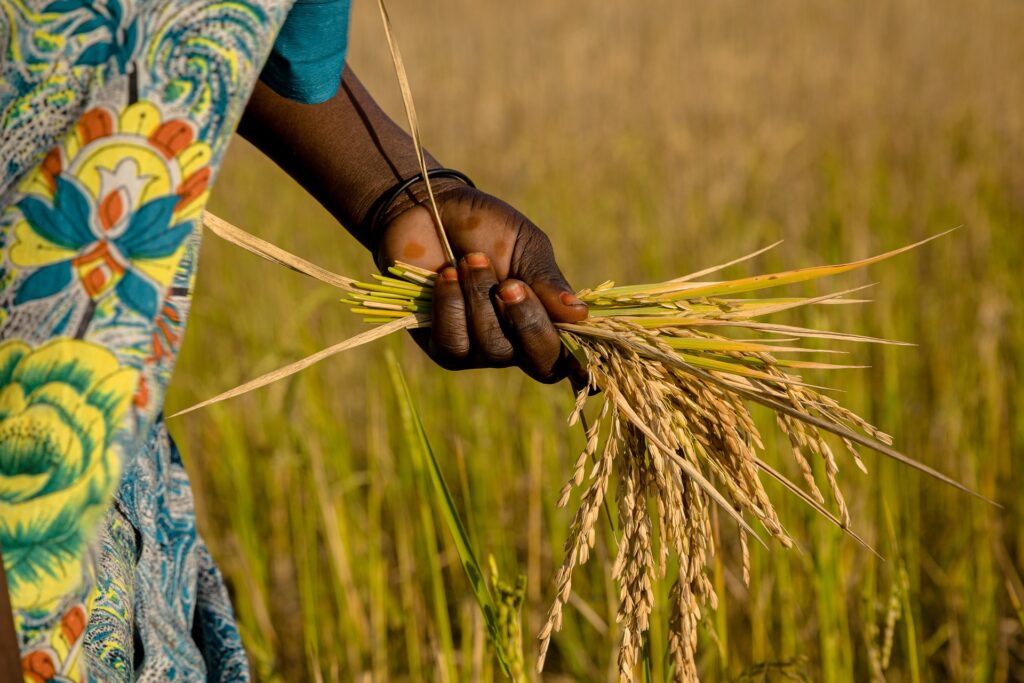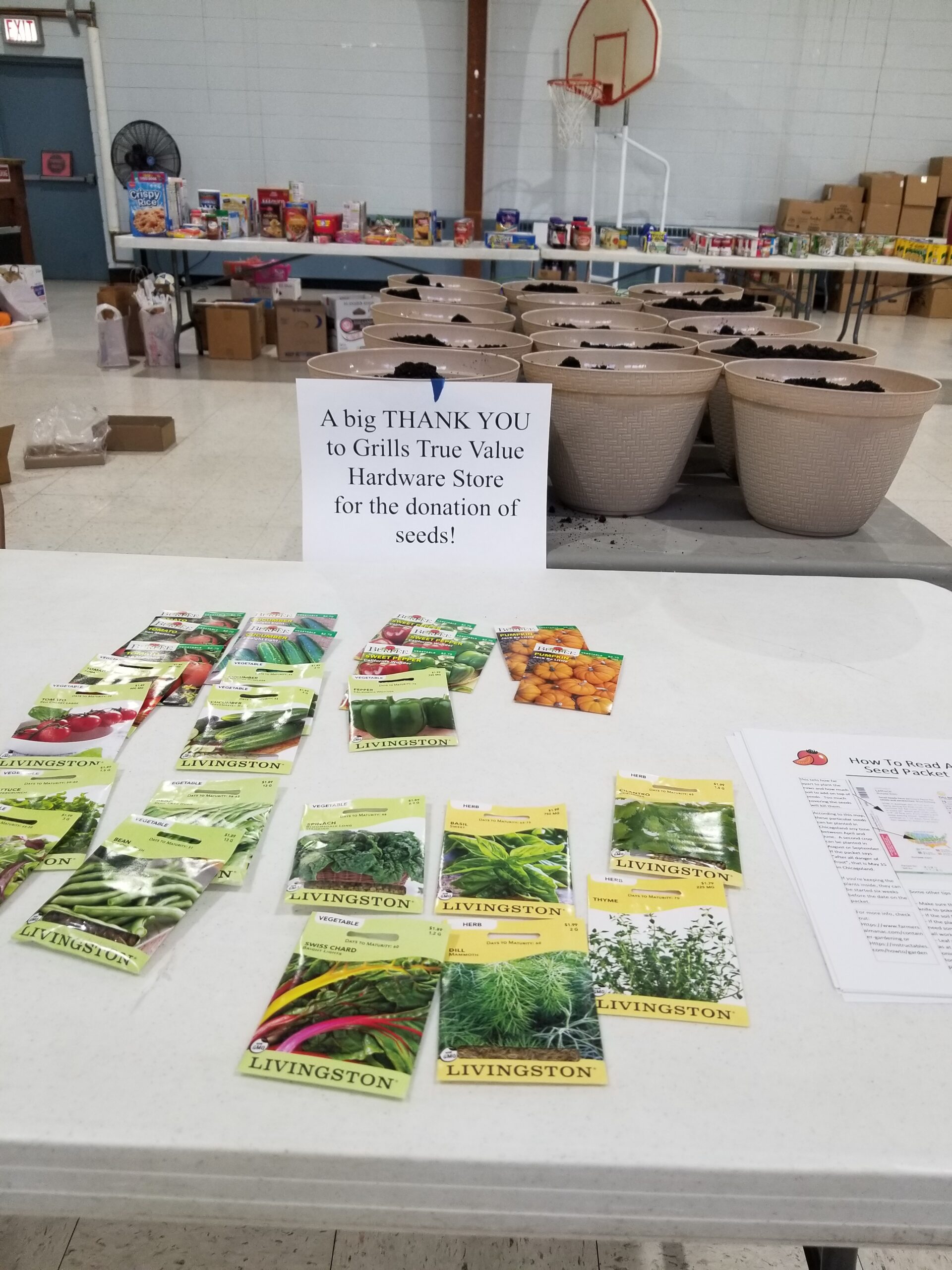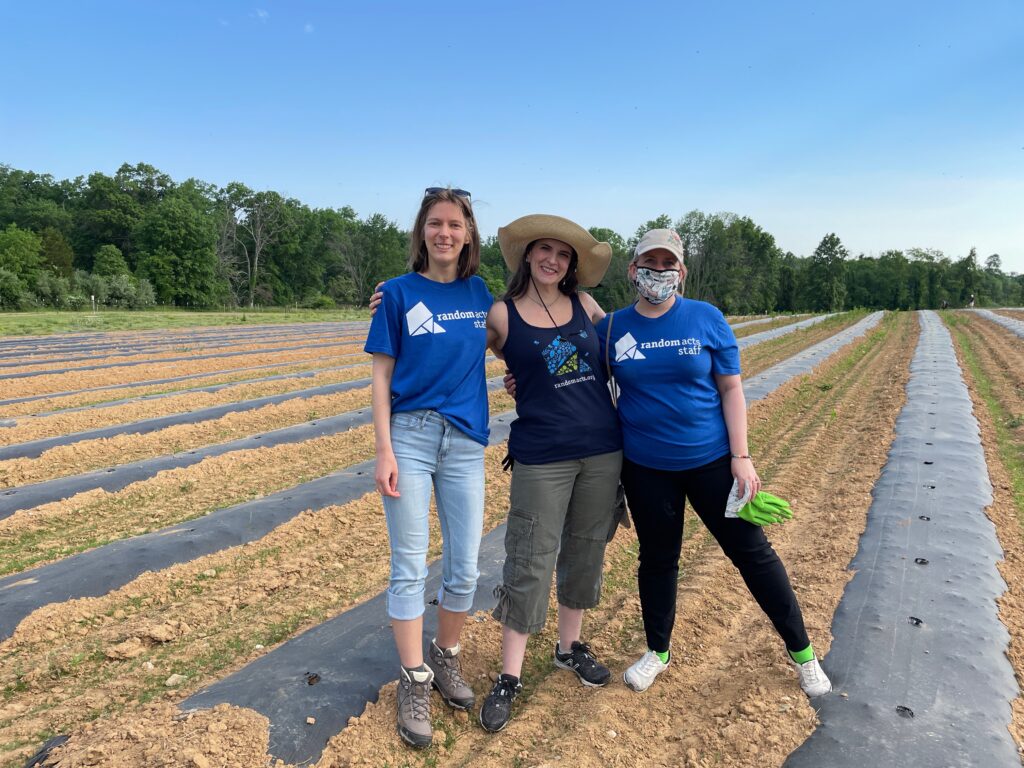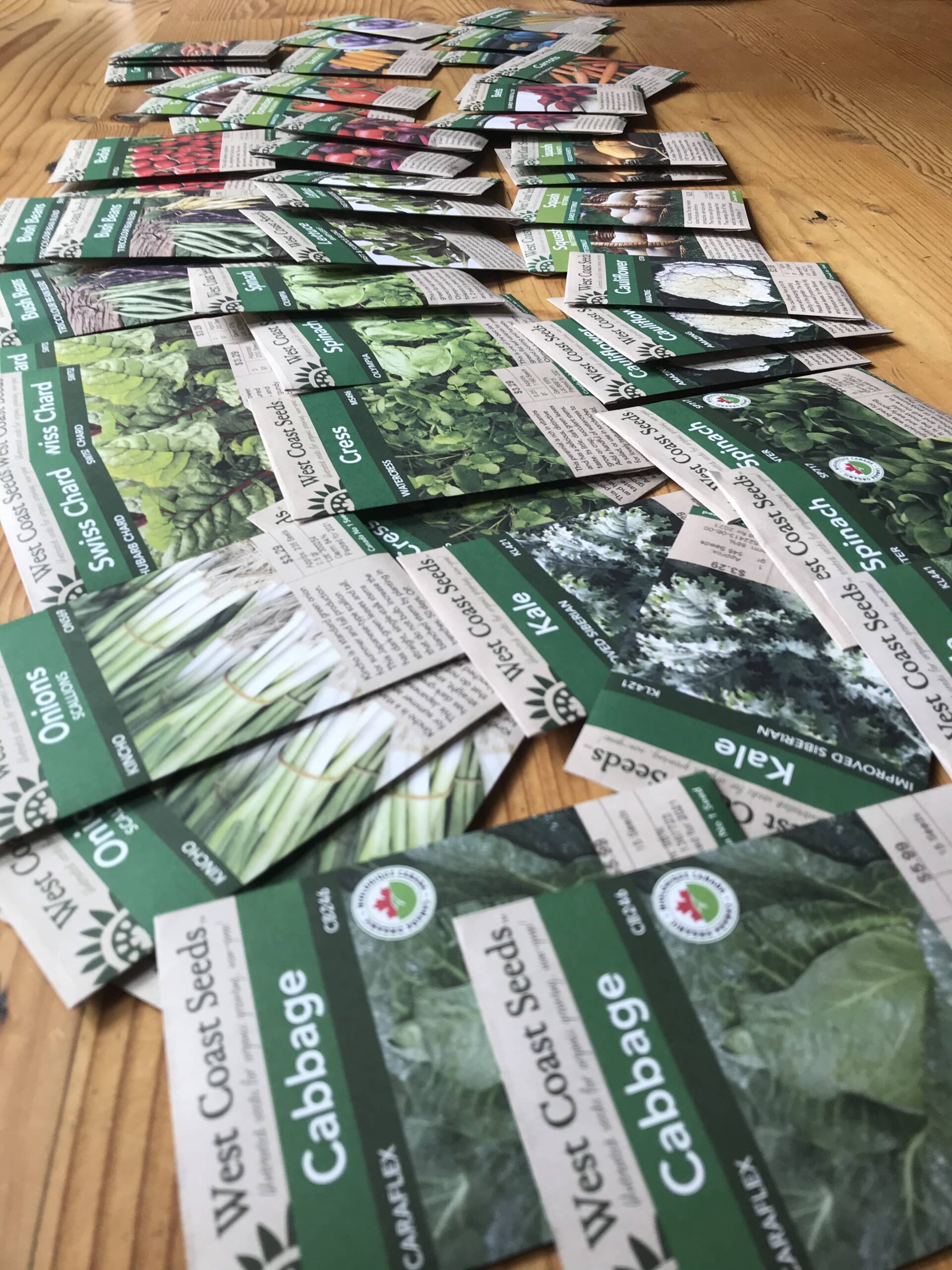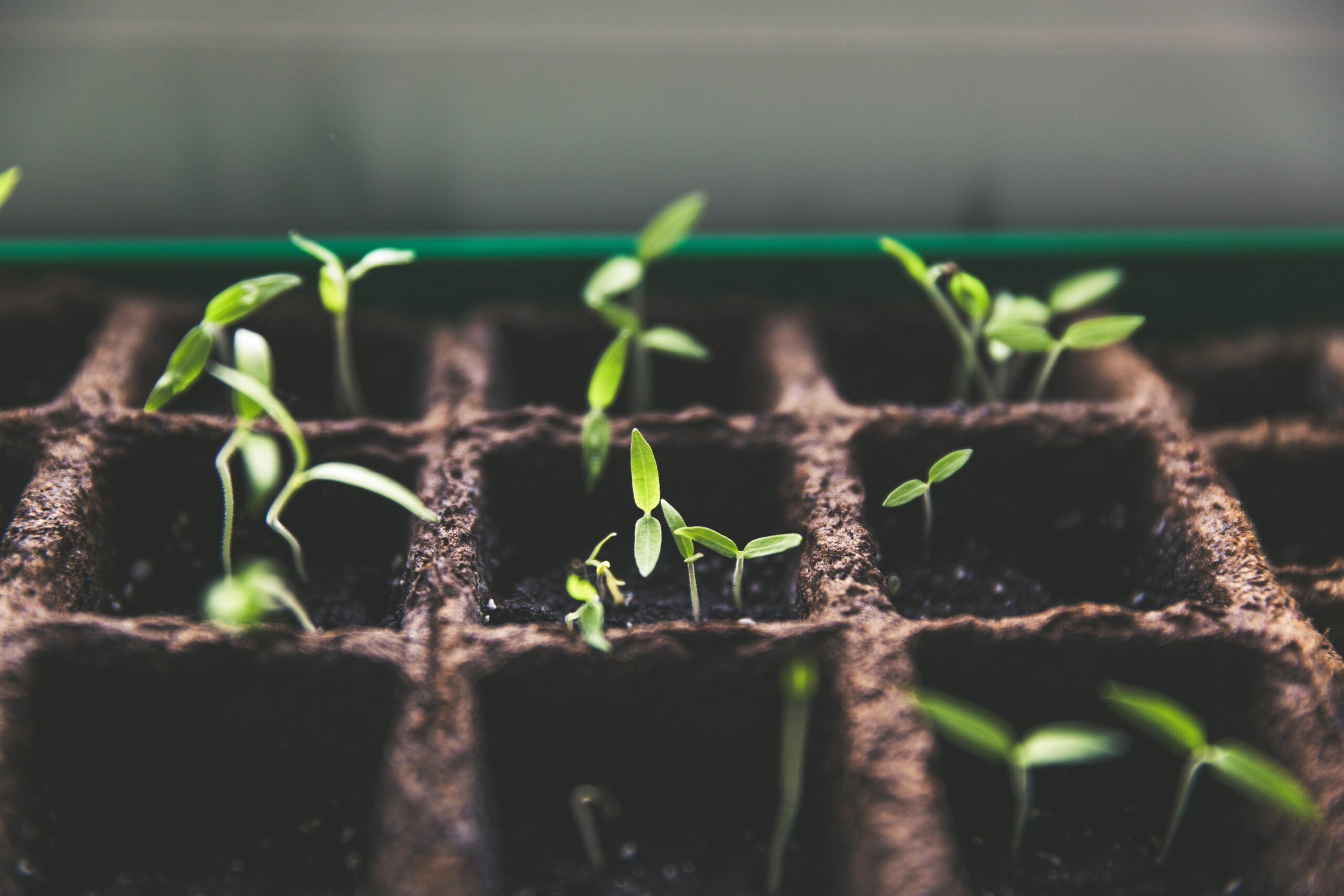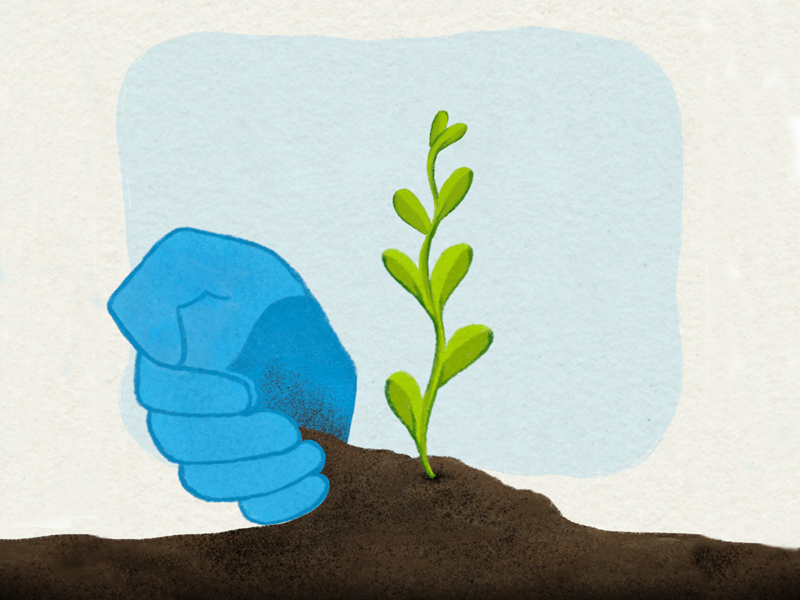
Food Equity
In 2021, Random Acts introduced our Food Equity Program, committing to address food equity and food insecurity concerns in the U.S. and across the globe. On a separate page, we have compiled a list of global resources for anyone who may be facing food insecurity.
What Defines Food Equity?
Food equity is the concept that all people have the right to equal access to or the ability to grow and consume healthful, affordable, and culturally significant foods. However, there are many barriers preventing individuals and families from experiencing food equity. Some of these barriers include harmful food policies, financial or health crises, unemployment, and food deserts (regions with limited access to healthful foods or grocers).
A lack of food equity can result in food insecurity, which describes a household’s inability to consistently provide enough food for everyone to live a healthy, active lifestyle. Even before the COVID-19 pandemic, some 13.7 million households in the U.S. alone were experiencing food insecurity in 2019, according to the U.S. Department of Agriculture. Similarly, the Food and Agriculture Organization of the United Nations reported that in 2018 over 100 million people in Europe and Central Asia were exposed to moderate or severe food insecurity. No one should ever have to wonder if they can afford to eat a nutritious meal

How Is Random Acts Supporting Food Equity?
Addressing food equity can be difficult due to the unstable and unpredictable nature of these underlying causes, but there are ways to help! That is why Random Acts launched our Food Equity Program committing to address food equity in the U.S. and across the globe.
Our program offers a three-tier system in which eligible projects can apply for funding to support their food equity initiatives. These tiers are as follows:
- Urban Farming Operations — These are large-scale, sustainable, long-term food equity efforts typically associated with urban farming (also referred to as urban agriculture or urban gardening). Major projects of this scale will support the cultivation, processing, and distribution of food, animal husbandry, beekeeping, or aquascaping in urban areas for a long time to come.
- Community Gardens — Funding for these local food equity initiatives is available globally and typically requires only a small budget supporting a home, victory, community, school, or related garden project.
- Food Redistribution — From food pantries to backpack drives to canning lessons and giveaways, these projects are small, one-off initiatives with minimal to no budget.
Black Futures Farm
Black Futures Farms is a solar-powered community farm implementing rainwater collection and staffed by volunteers, plus two resident farmers, in Portland, OR. Identifying as a group of Black or / Diasporic and Continental African people, they work together to implement the best methods of growing food and community, taking the best of their ancestral practices while being a part of innovation. In collaboration with our Food Equity Program, Black Futures Farms will receive funds to reconstruct a high tunnel propagation system. An alternative to a greenhouse, high tunnels are a means of expanding low-cost growing space heated by the sun with open-door ventilation allowing for season extension and plant protection.

The original high tunnel that will be reconstructed with the new project



City Slicker Farms
Children’s Playground and Food Forest
City Slicker Farms is dedicated to increasing health and wellness by promoting equitable access to food, gardens, and green space. Located in Oakland, CA, this organization helps build backyard gardens, manages the West Oakland Urban Farm Park, and provides food equity skills training. In collaboration with our Food Equity Program, City Slick Farms will receive funds to redesign a children’s playground and food forest that has fallen into disrepair. The scope of this project includes deweeding and cleaning up the existing park as well as replanting the garden space with plans to include fruit-bearing trees and bushes.



In the News
Food Equity in Action

